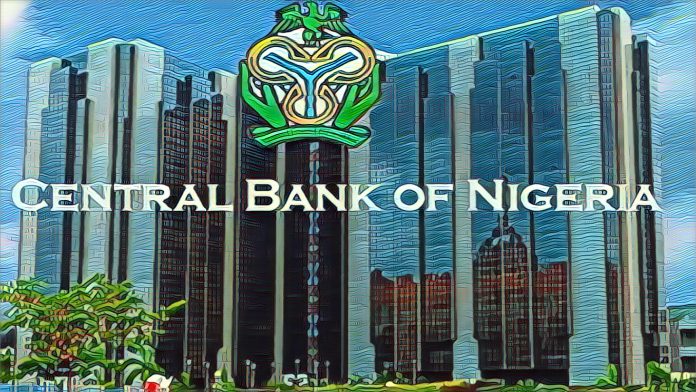Nigerians are bracing for an influx at commercial banks and National Identity Management Commission (NIMC) offices in the coming weeks and months. This follows the Central Bank of Nigeria (CBN)’s recent directive requiring financial institutions to halt transactions on all individual accounts or wallets lacking a Bank Verification Number (BVN) or National Identity Number (NIN).
The CBN, in a circular to all banks and financial institutions, stated that individual existing and new tier 1, 2, and 3 accounts/wallets must possess a BVN or NIN. The directive, signed by CBN Directors Chibuzo Efobi and Haruna Mustapha, is part of the apex bank’s effort to promote financial system stability.
Under the new mandate, existing unfunded individual Tier 1 accounts without BVN or NIN will face immediate restrictions. The circular specifies a deadline of January 31, 2024, for electronic revalidation of BVN or NIN linked to accounts/wallets. From March 1, 2024, all funded accounts or wallets without these identifiers will be restricted from transactions.
This situation echoes the recent challenges during the Naira redesign policy under former CBN Governor Godwin Emefiele. Emefiele’s insistence on the January 31, 2023, deadline for exchanging old N200, N500, and N1,000 banknotes led to a rush at banks, with supply falling short of demand.
The Supreme Court, however, recently ruled that the old Naira notes remain legal tender indefinitely, a decision supported by the CBN.
With the latest BVN and NIN linking directive, economic experts predict a surge in customer activity at banks and NIMC centers. Data from the Nigeria Inter-Bank Settlement System (NIBSS) shows 59 million BVN counts as of October 2023, with total bank accounts in 2021 at 191.4 million, 133.5 million of which were active.
Economic analyst David Adonri notes that while the CBN’s intentions are sound, the directive will likely increase pressure on banks and NIMC centers. He points out the long-standing issue of unlinked BVNs and anticipates a rush to meet the deadline.
Bank employees, speaking anonymously, express concerns about extended working hours and the strain of additional duties during the holiday season. They note the challenges posed by low income, rising food and transport costs, and the pressure of the new directive.
The CBN’s directive, aimed at strengthening Nigeria’s financial system, is set to significantly impact banking operations and customer activities in the coming months.



